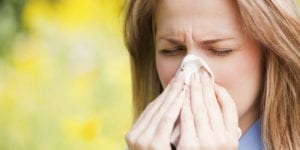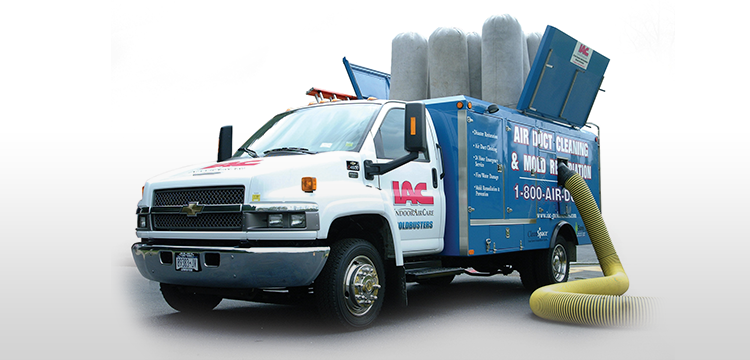
Allergy season is here, but how do you tell if your sneezing and watery eyes are due to typical spring pollen, or something a bit more sinister like a mold problem lurking in your home.
Do your allergies seem to get worse or better when it rains?
Most pollen gets washed away in rain so if your allergies seem to get worse when it rains you might have a mold problem.
Mold allergies are generally not life threatening. But they can impact your ability to lead a productive, comfortable daily life. Here are a few tips to help you spot mold allergies.
Mold grows in moisture, either indoors or outdoors. While the mold spores constantly floating in the air can trigger reactions, the problem worsens when those spores attach to a wet surface and mold begins to grow. You may have mold growing inside your house and not know it. This could be due to an unknown leak, moisture buildup in a basement, or damp areas under carpet that have been left unchecked.
Because mold grows year-round, mold allergies generally aren’t seasonal like other allergies. Those who are allergic to mold can experience symptoms any time, especially if they live in an area that tends to get rain fairly often.
If you’re allergic to mold, you’ll likely experience histamine reactions similar to those from other types of airborne allergies. Those symptoms include:
- sneezing
- coughing
- congestion
- watery and itchy eyes
- postnasal drip
You may initially mistake your mold allergies for a cold or sinus infection, since the symptoms can mirror each other. If your allergies are compounded by asthma, you may notice your asthma symptoms worsening when you’re exposed to mold. Symptoms include coughing, difficulty breathing, and chest tightness. You also may experience wheezing and other signs of an asthma attack. While mold exposure is generally not deadly, increased exposure can make symptoms worse. Mold allergies are progressive. Over time the attacks become more severe. The key is to prevent moisture from building up by repairing any leaks in your home.
If you notice a water build-up in any part of your home, stop the leak immediately. When working in situations where outdoor mold may be present, wearing a face mask can drastically reduce your exposure to the allergen. Then called a certified mold professional to see if you need professional mold remediation.

